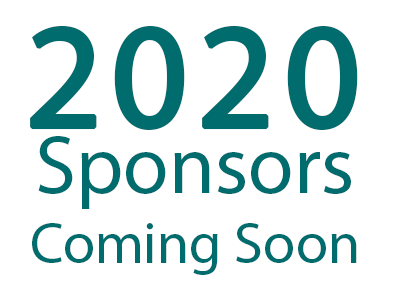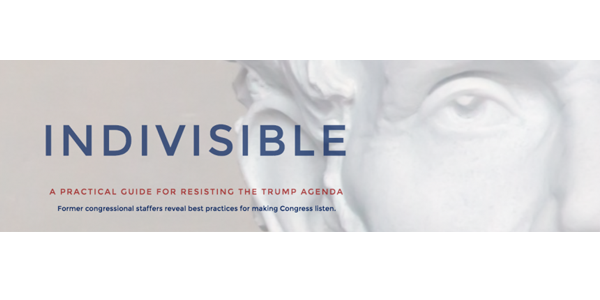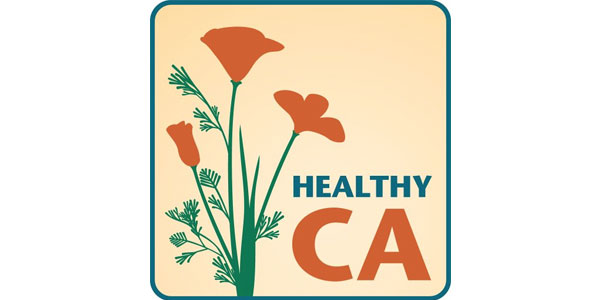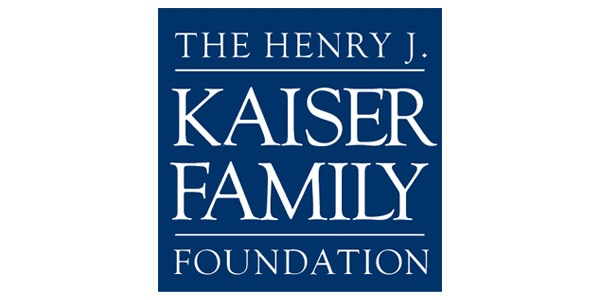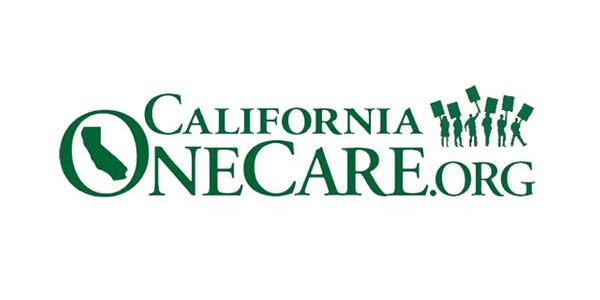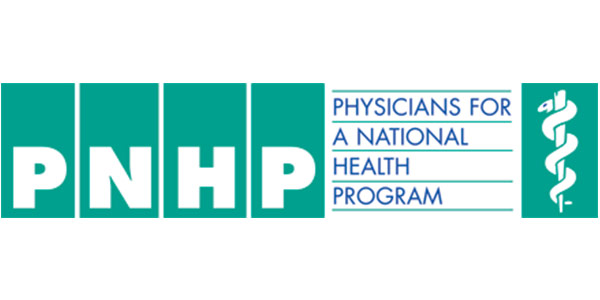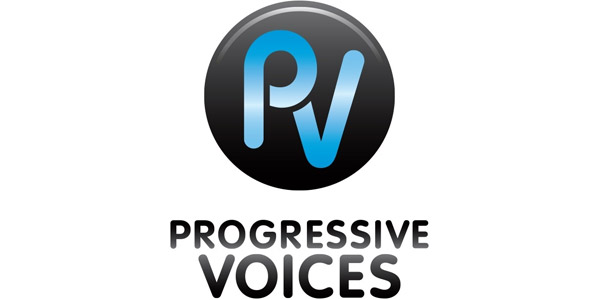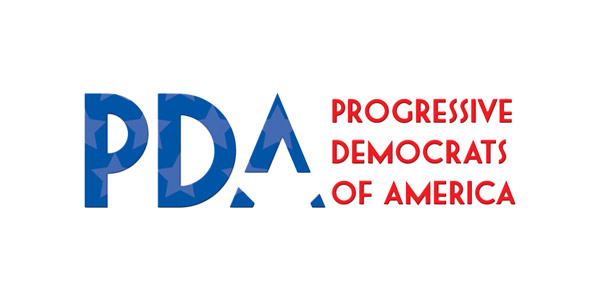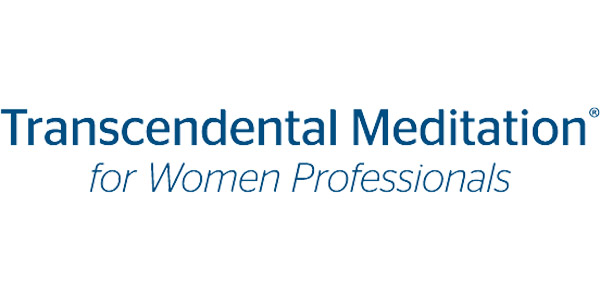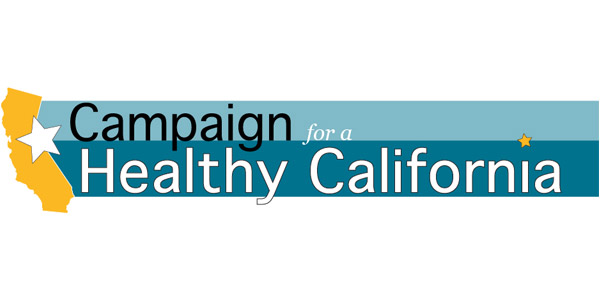What’s Wrong with Some People Who Mis-Practice Healthcare in America? Everything.

This is a post about healthcare in America and the people who mis-practice it, and not about insurance benefits or the costs of healthcare or even about recipients who qualify. I’ll leave that discussion to the political pundits and Michael Moore who know so much more about it than I do.
I’ve seen more than my share of doctors, nurses, therapists, and pharmacists making huge mistakes, enough to kill somebody. And oftentimes, they do.
The practice of medicine is just a random art. My son coined that phrase when he was a college freshman and developed Lupus Anti-Coagulant, a clotting disorder. He almost double-dosed on Coumadin, the drug that is intended to keep blood clots from forming, when the IV was handling the dose of Coumadin and some nurse brought the same Coumadin in pill form. He had the wherewithal to refuse the pill.
But what if he were groggy and didn’t? What if it were some elderly persons who would do exactly what they were told to do and swallow the pill? I don’t know, but my son and I weren’t patients back then and didn’t really care.
What does the practice of medicine as a random art mean? As I see it, these healthcare professionals just take an educated guess that makes them like the weather people. I did test a few weeks ago on the weather when I was considering writing this post. Here’s how it went:
[On Thursday}: Rain is coming for Sunday but good weather will be here Monday.
[On Friday]: It looks like we’re in for good weather for Sunday and Monday.
[On Saturday]: Rain looks like it will get here on Sunday and stay until Monday.
See what I mean about educated guesses? The difference is in the weather business, you can’t play golf. I don’t have to explain about healthcare. You already know.
Small progress has been made to reduce medical errors in the U.S. in the past decade and some, even though a call to action was made public. In 1999, the Institute of Medicine (IOM) issued an alarming report called To Err is Human, detailing the number of preventable medical errors in the US. But is it really?
It was estimated that more than 100,000 Americans die annually from these errors, according to a report issued by the Center for Disease Control. In addition, the IOM said we should reduce errors by 50% over five years, but today, ten years later, we’re at the same point. Even the figure of 100,000 deaths is an estimate because there is no centralized system for tracking medical errors. So it could be lower, but then again, it could be higher.
In 2007, the World Health Organization (WHO) did a study and said healthcare errors affect one out of every ten patients worldwide. Because of this alarming statistic, the WHO prepared patient safety checklists to help professional healthcare providers avoid simple medical mistakes (which a ton of people ignore anyway). The the nine safety rules are:
* Communication during patient hand-overs
* Assuring medication accuracy at transitions in care
* Patient identification
* Sound-alike, look-alike medication names
* Control of concentrated electrolyte solutions
* Hand hygiene to prevent health care-associated infection
* Avoiding catheter and tubing misconnections
* Performance of correct procedure at correct body site;
* Single use of injection devices
If you can memorize the acronym, the nine rules are represented as “CAPS CHAPS.” But if you can’t, the rules are just common sense anyway. In any case, every one of those rules were broken with me as the patient, except the last one.
A new study released in November 2010 by the Office of Inspector General confirmed that about 180,000 Medicare beneficiaries die each year from an adverse event in a hospital. And one in seven medicare patients were harmed by medical errors in hospitals. Physician reviewers concluded that 44% of the adverse events were likely or clearly preventable.
The numbers fluctuate somewhat. That is the problem with statistics. Anyone can find a number to prove any scenario. But isn’t To Err is Human looking at the subject at hand too lightly?
In 1919, Ernest Codman, MD, proposed the a hospital would track every patient it treated long enough to determine whether the treatment was effective. If the treatment was not effective, the hospital would then attempt to find the reason so that similar cases could be treated successfully in the future.
Dr. Codman efforts didn’t go to waste. At last, the Joint Commission was born, an oversight group dedicated to the problem of medical error.
The Joint Commission has accredited hospitals for more than 60 years and today it accredits approximately 4,168 general hospitals, children’s, long term acute, psychiatric, rehabilitation and specialty hospitals, and 378 critical access hospitals. Approximately 82% of the nation’s hospitals are currently accredited by The Joint Commission.
Rehab X and Y were accredited by the Joint Commission. I don’t know how, but they must have taken the inspectors to safe places, away from where all the action was. I have so many examples, like a doctor who pulled up the wrong chart when examining me, a nurse disconnecting the IV and not reconnecting it again, a therapist who gave me the wrong exercises for new stroke victims, and the in-house pharmacy who sent the wrong pills. Rehab X and Y were just lucky. Maybe the inspectors were newbies. To this day, I can’t figure it out.
But I’ll give you a tip: it’s better to go to one of the accredited hospitals than not. Can you imagine what the places that didn’t pass the inspection would be like? Here’s a website address for the Joint Commission in case you have a problem with an accredited institution and want to report it:
http://jcwebnoc.jcaho.org/QMSInternet/IncidentEntry.aspx.
Print it out and stick it in your wallet. If you or your caretaker or your family or your friends sees anything that looks funny or smells funny (not in the ha-ha sort of way), write to the Joint Commission. You’ll be glad you did because that would mean you’re probably doing something for someone else in the future. Remember the number. Somewhere around 100,000 or more die annually. Wow.

